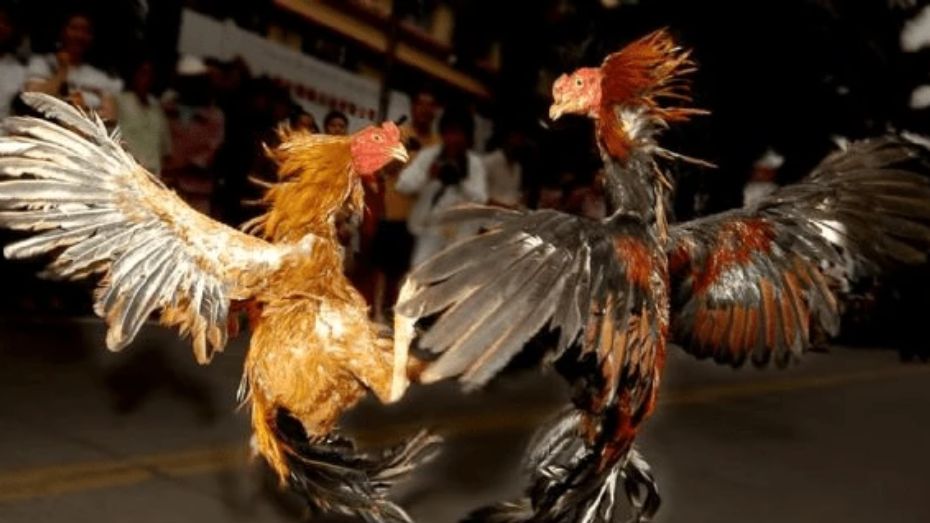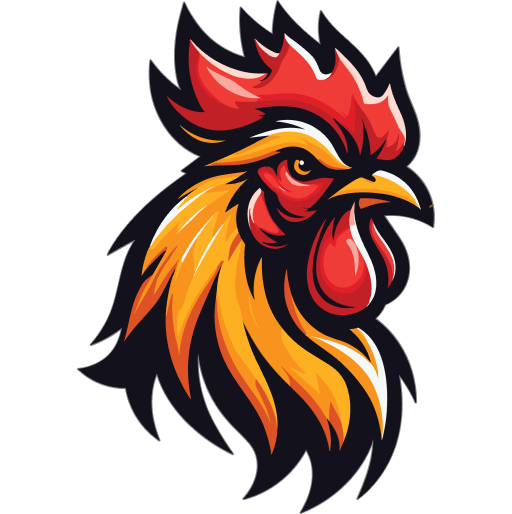PH Sabong Terms and Conditions

Sabong, also known as cockfighting, is a deeply ingrained tradition in Filipino culture, with roots stretching back centuries. It’s not only a form of entertainment but also a significant aspect of the cultural heritage in the Philippines. However, participating in or hosting sabong events comes with a set of legal terms and conditions that must be adhered to. In this article, we will explore the essential terms and conditions of PH Sabong to ensure compliance and enjoyment of this cultural practice.
Understanding PH Sabong: A Cultural Overview

Sabong is more than just a game in the Philippines; it’s a spectacle that involves the breeding, training, and matching of cocks in a fight that draws large crowds and significant betting activity. This section delves into the historical significance and the cultural ties that make sabong a unique part of Filipino heritage.
The Legal Landscape of Sabong in the Philippines
Before diving into specific terms and conditions, it’s crucial to understand the legal framework that governs sabong in the Philippines. This includes national laws, local ordinances, and the role of the Philippine Amusement and Gaming Corporation (PAGCOR) in regulating legal cockfighting arenas.
Key Terms and Conditions for Participating in Sabong
Engaging in sabong, whether as a spectator, bettor, or gamefowl owner, involves several critical terms and conditions. This section outlines the age requirements, betting regulations, and other legal stipulations essential for every participant to follow.
Registration and Licensing Requirements

To legally host or participate in sabong events, certain registration and licensing requirements must be met. This includes licenses for breeders, trainers, and cockpits. We’ll cover what documents are needed, where to obtain them, and the penalties for non-compliance.
The Role of Local Government Units (LGUs) in Sabong Regulation
Local Government Units (LGUs) play a crucial role in the regulation of sabong by issuing permits and ensuring that all activities comply with both national laws and local ordinances. This section explains the responsibilities of LGUs in overseeing sabong events and ensuring public safety and order.
Ensuring Compliance with Animal Welfare Laws
While sabong is a legal sport in the Philippines, it must be conducted in a way that adheres to the country’s animal welfare laws. This part discusses the guidelines set forth under the Animal Welfare Act and how participants must follow specific practices to ensure the humane treatment of gamefowls.
Conducting Sabong: Operational Guidelines

When conducting sabong events, organizers must follow a set of operational guidelines designed to maintain order and legality. This includes crowd control, security measures, and the handling of betting activities.
Safety and Security Protocols at Sabong Events
Safety is paramount in crowded and high-stakes events like sabong. We’ll outline the typical safety measures implemented at events to protect both attendees and participants, including emergency response plans and security personnel deployment.
Betting and Financial Transactions in Sabong
Betting is a significant aspect of sabong, involving various stakeholders. This section clarifies the legal frameworks for betting, including how bets are placed, handled, and regulated to prevent illegal activities such as money laundering.
Rights and Responsibilities of Participants
Participants in sabong, whether as spectators, bettors, or breeders, have certain rights and responsibilities under Philippine law. This part of the article focuses on what individuals can expect and what is expected from them when involved in sabong.
Understanding the Consequences of Non-Compliance
Non-compliance with sabong terms and conditions can lead to various penalties, including fines and imprisonment. Here, we discuss the potential legal consequences of violating sabong regulations and the importance of adhering to all stipulated guidelines.
FAQs
Conclusion
Understanding the PH Sabong Terms and Conditions is essential for anyone looking to participate in this traditional Filipino sport, whether in person or online. By adhering to the outlined legal frameworks, participants can enjoy sabong responsibly and respectfully, contributing to its ongoing cultural legacy and ensuring the sport remains a safe and fair competition for all involved.




